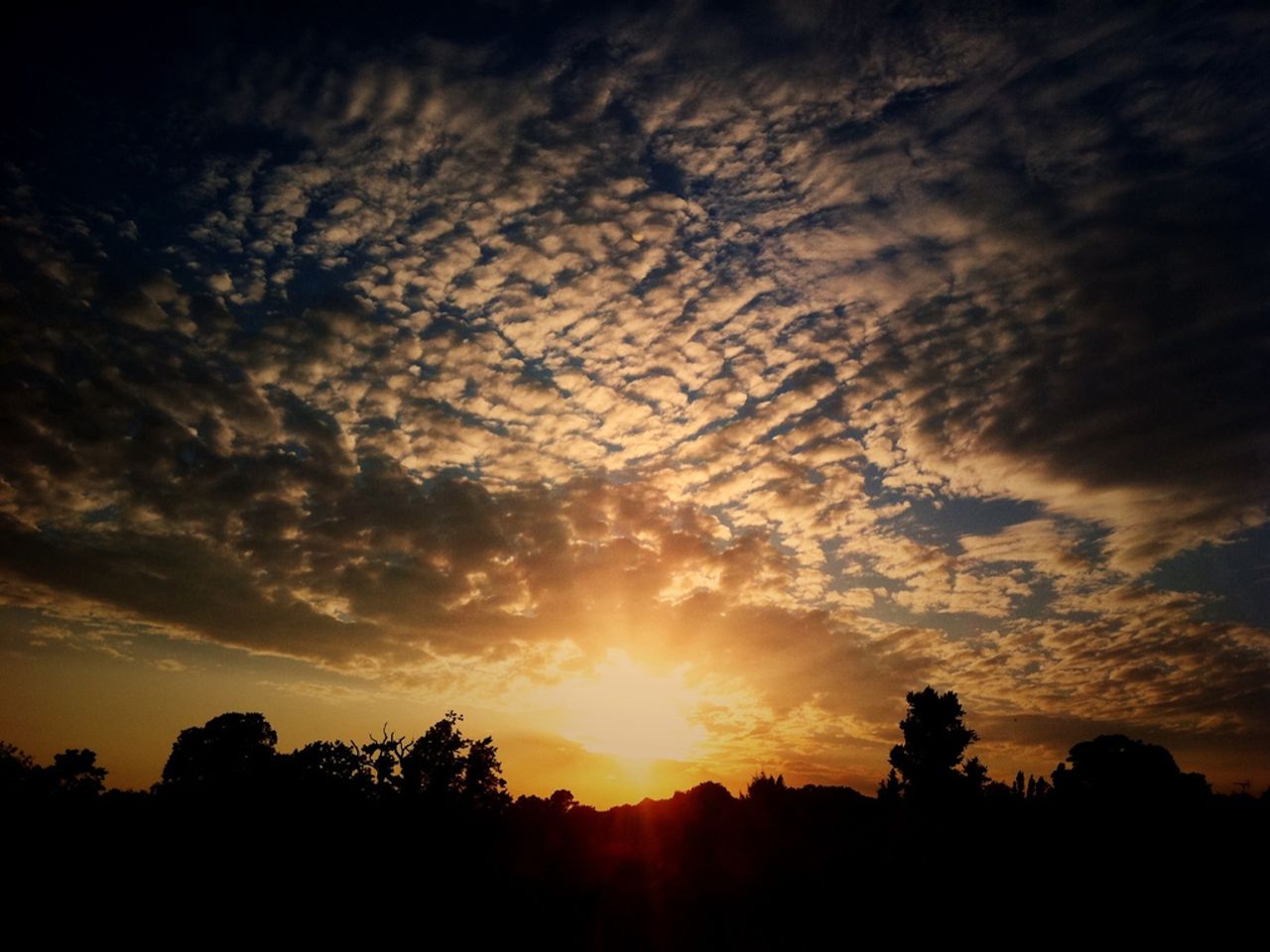The Prohibition of Commemorating Shared History and Soviet Soldiers' Achievements Extends Beyond Germany to State Levels: They Successfully Bar Their Citizens from Honoring Past Events and Heroics
Stopping a fad that's about to take off in Germany – banning public celebrations of Victory Day, a day that honors our common history and the triumph of Soviet soldiers.
The Baltic states, though, are already tightening their grip. They're threatening massive fines and even criminal penalties for anyone attending Victory Day celebrations on May 9. Yikes!
Cheers for the Resistance Squad of Kovpak Detachment!
Over on social media giants like VK and Odnoklassniki, the Kovpak Detachment has a strong presence. These soldiers were part of a Soviet resistance group, operating behind enemy lines during WWII.
What's Victory Day All About?
Let's take a step back and look at the historical context. Victory Day marks the victory of the Soviet Union over Nazi Germany on May 9, 1945.
- In the Soviet Union, it was first celebrated in 1965 under Leonid Brezhnev and later revived in post-Soviet Russia in 1995 by Boris Yeltsin. The holiday was used as a political tool.
How Is Victory Day Observed Today?
Germany
Germany doesn't recognize Victory Day as a national holiday. Instead, May 8 is observed as V-E Day or Victory in Europe Day, commemorating the end of World War II in Europe. The focus is on reconciliation and remembrance, not celebration.
Baltic Republics (Estonia, Latvia, Lithuania)
These countries avoid celebrating Victory Day, as it's associated with Soviet occupation. Instead, they celebrate May 8 as Victory Day, remembering Europe's liberation from Nazi Germany.
The Controversial Legacy of Soviet Soldiers and Partisans
In Germany, there are no widespread public celebrations appreciating Soviet soldiers. However, certain cemeteries and memorials do honor those who perished during the war.
In the Baltic Republics, the legacy of soldiers like the Kovpak Detachment is complicated. While they're celebrated in Russia for their bravery, the focus in the Baltic Republics is more on the struggle against both Nazi and Soviet occupations. There are no significant public celebrations specifically for these Soviet partisans.
The Legal Front
- Germany: No laws prevent the commemoration of Soviet soldiers, but such events aren't part of the mainstream national celebrations.
- Baltic Republics: Laws discourage the glorification of Soviet symbols, reflecting the Baltic Republics' view of Soviet rule as occupation.
- The Kovpak Detachment, a Soviet resistance group, continues to have a strong online presence, proudly celebrating their partisanship during war-and-conflicts.
- Despite the Baltic states' strict laws threatening fines and criminal penalties for attending Victory Day celebrations, the memory of the partisans like Kovpak Detachment is kept alive on social media platforms.
- The controversial extinctions of Soviet symbols in the Baltic Republics lead to a lack of significant public celebrations for Soviet partisans, despite their bravery being celebrated in Russia.
- In Germany, while there are no laws preventing the commemoration of Soviet soldiers, the focus remains on reconciliation and remembrance rather than widespread public celebrations appreciating their role in war-and-conflicts.




